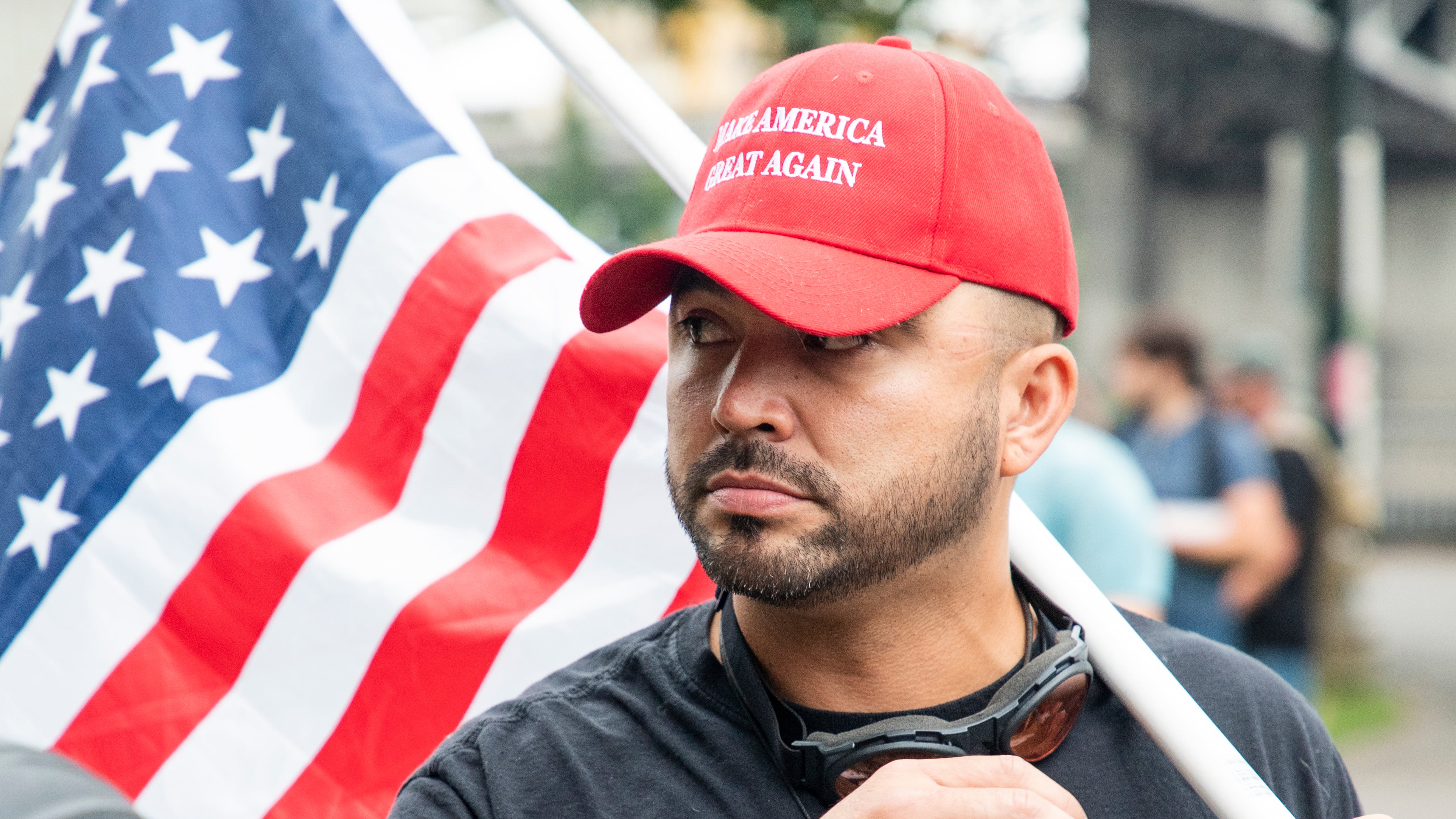JUDGE TOSSES OUT JOEY GIBSON RIOT CASE: A Multnomah County circuit judge has dismissed charges against Joey Gibson, the founder of Patriot Prayer, and Russell Schultz for their roles in a 2019 street brawl outside a cider bar in Northeast Portland. A trial in the case of a third defendant, Mackenzie Lewis, will continue. Judge Benjamin Souede threw out the charges in court July 19, saying that prosecutors had failed to demonstrate that Gibson and Schultz engaged in “tumultuous and violent conduct,” one of the requirements for conviction on riot charges. “The state is trying to convict Mr. Schultz for being present at an incident that violence occurred, and they cannot do so,” Souede said. “I am somewhat bewildered that the state has driven this case to this point,” he added, placing blame on the Multnomah County District Attorney’s Office.
JUDGE BOUNCED FROM OSWEGO LAKE ACCESS CASE: The long-running battle over public access to the waters of Oswego Lake took an unusual twist July 19. Originally filed in 2012 by plaintiffs Mark Kramer and Todd Prager, who argued the public should be allowed to use the lake for recreation, the case was appealed up to the Oregon Supreme Court, which sent it back to Clackamas County for reconsideration. There, Clackamas County Circuit Judge Ann Lininger presided over the first phase of a two-part trial. In April, Lininger ruled against the Lake Oswego Corporation, finding that the public should be allowed to access the lake through city parks. But then, in discovery this summer, the Lake Corp. found emails showing Kramer had communicated about the issue with Lininger when she was a state representative—before she went on the bench. The Lake Corp. asked Lininger to recuse herself. She refused. But on Tuesday, Multnomah County Circuit Judge Thomas Ryan found the prior communications disqualifying and threw her off the case. The parties are now considering next steps.
BLOSSER RETURNS TO OREGON: Nik Blosser, who served as special assistant to President Joe Biden and deputy Cabinet secretary, left the White House on Friday, July 15. Blosser returned to Oregon last month and worked remotely for his final weeks in the Biden administration. On July 25, he is joining the power company Portland General Electric as a vice president for public policy, communications and public affairs. In a phone conversation with WW, Blosser cited the mandate to decarbonize the grid by 80% by 2030 as a continuation of his past work on climate change. “It’s one of the great business and societal challenges that we have,” he says.
BRAGDON PUBLICLY RUES BRIDGE VOTE: In a striking warning to the area’s Metro Council as well as other local leaders, former Metro Council President David Bragdon said last week that his vote more than a decade ago to support the Oregon Department of Transportation’s bridge over the Columbia River was “the biggest mistake of my career.” His criticism of the project on July 14 did not sway the current Metro Council, which voted 6-1 the same day to advance early designs for a new Interstate 5 bridge. (Councilor Mary Nolan was the sole vote against it.) Bragdon’s testimony begged the agency he once ran to consider his error: “I understand that essentially the same project, based on the same flawed methodology and half-truths, is now before you, again, dressed up with the same false promises.” Greg Johnson, administator of the Interstate Bridge Replacement program, disagrees: “We value the work that was done by the Columbia River Crossing, but this is a different project with numerous changes that have occurred since that project.”
GORDON SMITH DISPUTES BIG LIE: Former U.S. Sen. Gordon Smith (R-Ore.) has joined a group of prominent fellow Republicans to author a new report, “Lost Not Stolen,” that analyzes each count of election fraud filed by the Trump campaign in six battleground states after the 2020 election. The group includes former U.S. Sen. John Danforth (R-Mo.), onetime U.S. Solicitor General Ted Olson, and J. Michael Luttig, a leading conservative legal voice who served on the 4th Circuit Court of Appeals. Over the course of a year, the authors examined challenges to the vote counts in Arizona, Georgia, Michigan, Nevada, Pennsylvania and Wisconsin, including claims of manipulated voting machines, miscounting of ballots, absentee-ballot procedures, voter drives and bribery. In summaries for each of the states, the authors conclude “there is no evidence of widespread election fraud.” Smith could not be reached for comment.
